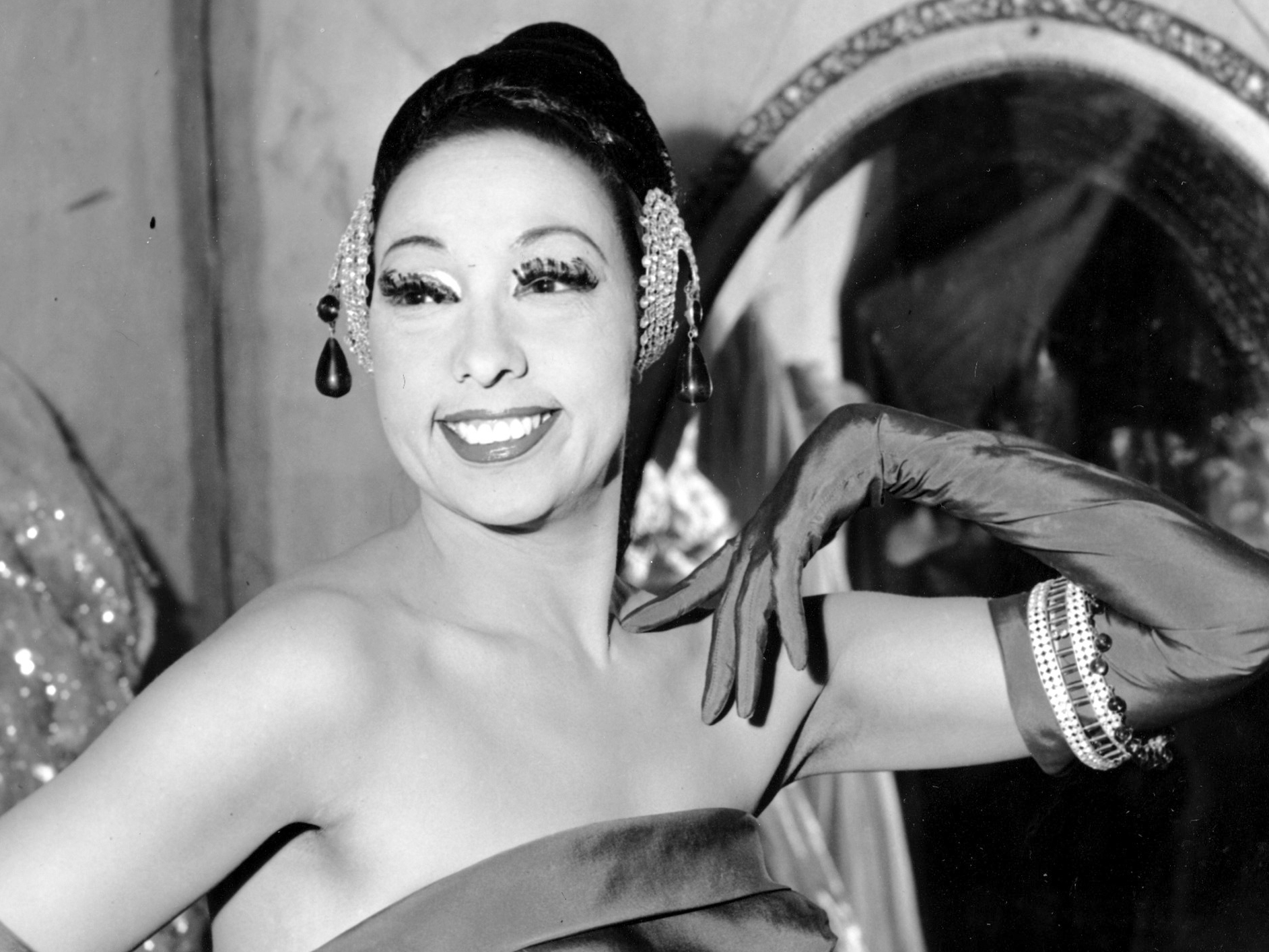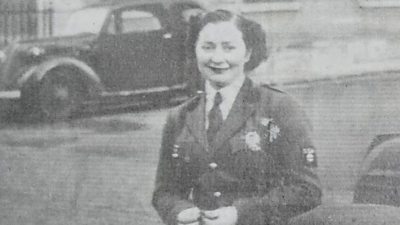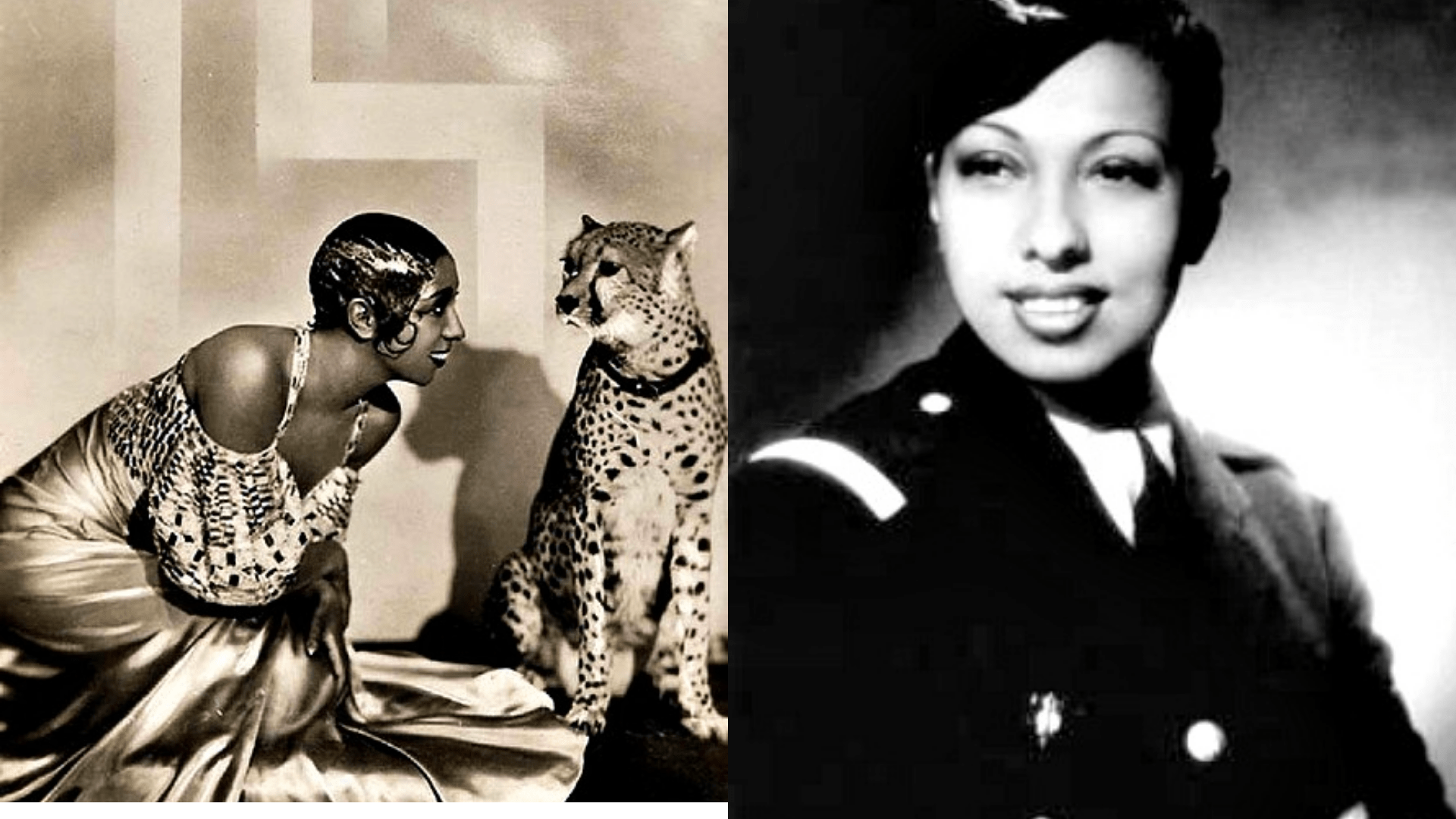Recently, the news of Josephine Barker being declared the national hero of France broke the headlines. Through this, she became the first black woman to receive one of the highest honours in France. This becomes significant in the circumstance around her, that she was an American-born French performer.
The United States of America is still a much sort after land for the majority of the world population. It is the land of dreams with its infinite opportunities and multiculturalism. But, is that all? Did we really miss something here? Though American principles call for many dreams, they hardly fulfill some. One among them is inequality, and the context that led to the recent death of George Floyd states it evidently. The racial discrimination that still grows in America is a constant reminder that we are still away from the so-called ‘cultured’ epithet.
Also read: War Widows And The Perception Of Women In The Army
The story of Josephine Barker, who escaped from the U.S. for an equal society, becomes relevant in this scenario. She was a stage performer who sang and danced for the audience. Her banana dance brought her wide acclaim, though she was also lashed upon with criticism for her nudity. A woman exercising agency over her body is not acceptable to the patriarchal society. Her professional life reached great heights only with her landing in France, which rooted and grounded her. Later, she became a naturalised citizen of France. She officially gave up her American citizenship to replace it with French.
Josephine Barker also supported the civil rights movement and wrote many articles on racial discrimination in the U.S. She even gave a speech on “France, North Africa and the Equality of the Races in France” at Fisk University in Tennessee. Though offered a huge sum, she refused to perform before segregated audiences in the U.S. and thereby attracted the wrath of the Ku Klux Klan.
Josephine Barker was called by many sobriquets like ‘black venus,’ ‘creole Goddess,’ etc. And Ernest Hemingway called her “the most sensational woman anyone ever saw.” Picasso drew paintings describing her aesthetics. Her popularity and influence enabled her to work as a French spy during the second world war. She transferred high intelligence information written in invisible ink on her music sheet.
Josephine Barker also supported the civil rights movement and wrote many articles on racial discrimination in the U.S. She even gave a speech on “France, North Africa and the Equality of the Races in France” at Fisk University in Tennessee. Though offered a huge sum, she refused to perform before segregated audiences in the U.S. and thereby attracted the wrath of the Ku Klux Klan. She worked with the NAACP (National Association for the Advancement of Coloured People), which declared May 20 as Joesphine Barker Day. She was invited to the March in Washington, where she said, “I have walked into the palaces of kings and queens and into the houses of presidents. And much more. But I could not walk into a hotel in America and get a cup of coffee, and that made me mad. And, when I get mad, you know that I open my big mouth.”
She worked with the NAACP (National Association for the Advancement of Coloured People), which declaredMay 20 as Joesphine Barker Day. She was invited to the March in Washington, where she said, “I have walked into the palaces of kings and queens and into the houses of presidents. And much more. But I could not walk into a hotel in America and get a cup of coffee, and that made me mad. And, when I get mad, you know that I open my big mouth.”
Also read: Misplaced Heroes: The Exclusion Of Women And The Marginalised From Popular Narratives

She adopted twelve children of different nations and called them ‘the rainbow tribe.’ Through this, she wanted to convey the message that true unity exists even amid differences and that people can co-exist peacefully without posing problems. This was her powerful message to the world, clarifying her take on racism and upholding humanism. She died on April 12, 1975, in Paris, the first American to be buried in Monaco with military honours. In 2021, she became the first black woman to enter the French pantheon.
Josephine Barker still remains in oblivion to many and forced oblivion to others who disregard the effectiveness of strategic essentialism. That is to say, she used her intelligence as a weapon against war; for humanity during the French resistance. Her relations and network increased her influence and take on political issues. She conveniently used her identity and talent to build her own space in the male-dominated world.

Barker was courageous enough to say ‘no’ to the many questions and worries that arise in us. She tried to break away from the stereotypes and social norms that tie us down forever. For this, she had to face resistance even from her own people in the U.S., who decided that she her naturalising in France, showed her evident dislike for her roots. Indeed, it was a strong response to the passive freedom and passive equality prevalent in her born land.
Barker utilised her sharp wit and presence of mind to bring forward several causes and took a stand against injustice even if it meant incurring the wrath of the privileged. Through her all-around skills and sharp acumen, while dealing with people, Barker fought for the right causes. She remained undeterred by the disparaging remarks that sexist people threw at her. This, in turn, led to her taking part in the various political movements and acts of humanism. Thus, Josephine Barker was a woman who owned herself; her body, her mind, and her spirit. In the true sense of the word, she was a woman who practiced agency, autonomy, and authority over herself and her decisions in a world that constantly berated women for the same.
Vidhupriya is an independent researcher, currently pursuing a Bachelor of Education. She is a Post Graduate of English Literature and Language from the Institute of English, Kerala University. She can be found on Facebook, LinkedIn and Instagram.
Featured image source: Articles On History
About the author(s)
Vidhu (she/her) is an emerging writer with Masters in English language and literature, keen on learning the politics of the world around her. She has dreams to create a career in journalism and writing, where she unburdens her self. She has a great taste for movies from varies geographical spans and pens down poetry in magical charms. She is open to projects or research centring on humanities.





